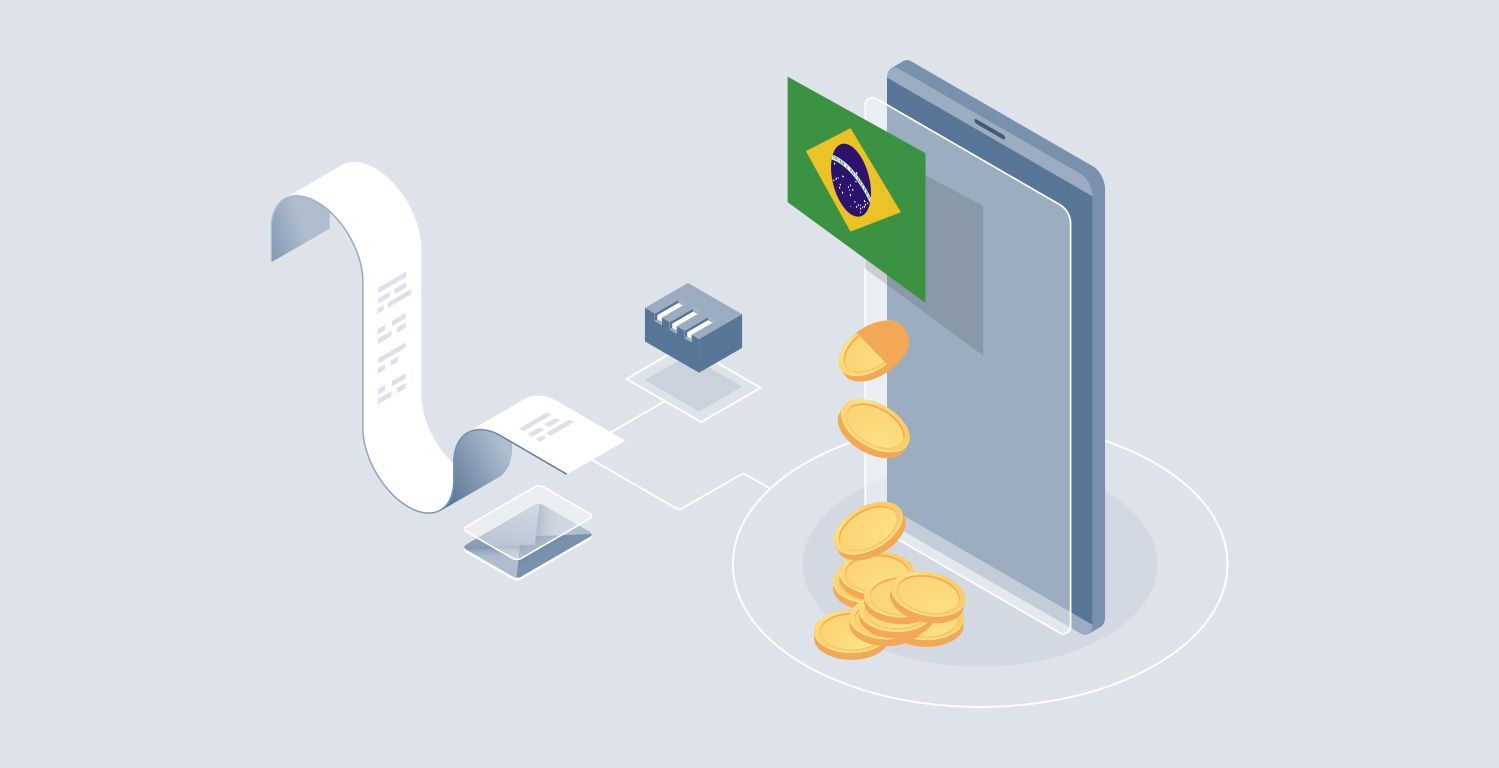The Coronavirus Pandemic has been extremely challenging for governments worldwide. In addition to the challenges for the health sector, rising unemployment, and decreasing family income, there has been a fall in tax collection. For Brazil in particular, this has affected all tax agencies: municipal, state, and federal.
To combat this loss of revenue and partially offset the extraordinary spending necessary to combat COVID-19, there are several proposals under discussion in the Brazilian National Congress, which are all adding uncertainty and putting pressure on the already complex Brazilian tax system. Although there are proposals regarding tax simplification (Tax Reform) and reduction of the tax burden, here we overview proposals related to the creation of an additional tax on digital services (CIDE-Internet).
Although Brazil has a high tax burden (31.64% of Gross Domestic Product in 2020), there is no specific tax related to digital services. As this is one of the most promising sectors and has observed very high growth and profitability, there are internal pressures to create a tax specifically for the technology sector. It is worth noting, though, that companies in this sector are already taxed severely, despite the fact that there is no specific ‘digital tax’.
The proposal
Deputy Filipe Barros created Bill 640/2021 to institute the CIDE (Contribution for Intervention in the Economic Domain) on the gross revenue of digital services for making available, distributing, disseminating, or providing content through the internet. Although it uses the name of an existing contribution, this proposal (dubbed “CIDE-Internet”) refers to a new tax in the Brazilian tax regime. The reach of this tax would be quite broad, given that it encompasses “text, image, video and sound” for educational, promotional, informational, artistic, cultural or entertainment-related purposes.
CIDE-Internet would be levied on the gross revenue from the sale of content on the Internet to Brazilian users at the rate of 3%, even if that revenue was earned abroad. The payment would be due on the last business day of April of the following calendar year, and the resources obtained would be used specifically in public education (to promote free internet access for students and teachers) and also to reinforce the Ministry of Defense’s Cybersecurity infrastructure. Since CIDE-Internet is similar to CIDE-Digital (Bill No. 2,358/2020), it has been attached to CIDE-Digital, meaning both proposals will be reviewed together by the National Congress.
Next steps
After the Bill is reviewed by the Committee of Science of Technology, it must then be reviewed by 3 other committees: (1) Communication and Computing; (2) Finances and Taxation; (3) Constitution, Justice and Citizenship, before going to the House of Representatives. If the House approves, it goes to the Brazilian Senate for their approval. Final approval lies with President Jair Bolsonaro. The Bill can be amended or modified during any of these steps.
With these amendments, Brazil starts preparing the country for post-COVID scenarios and to make the most out of the great opportunities that the digital sector could provide to both Brazilian and international companies operating in the country.
Local Knowledge – International Coverage
Founded in 1979, Auxadi is a family-owned business working for multinational corporations, private equity funds and real estate funds. It’s the leading firm in international accounting, tax compliance and payroll services management connecting Europe and the Americas with the rest of the world, offering services in 50 countries. Its client list includes many of the top 100 PERE companies. Headquartered in Madrid, with offices in US and further 22 international subsidiaries, Auxadi serves 1,500+ SPVs across 50 jurisdictions.
All information contained in this publication is up to date on 2021. This content has been prepared for general guidance on matters of interest only, and does not constitute professional advice. You should not act upon the information contained in this chart without obtaining specific professional advice. No representation or warranty (express or implied) is given as to the accuracy or completeness of the information contained in this content, and, to the extent permitted by law, AUXADI does not accept or assume any liability, responsibility or duty of care for any consequences of you or anyone else acting, or refraining to act, in reliance on the information contained in this chart or for any decision based on it.




